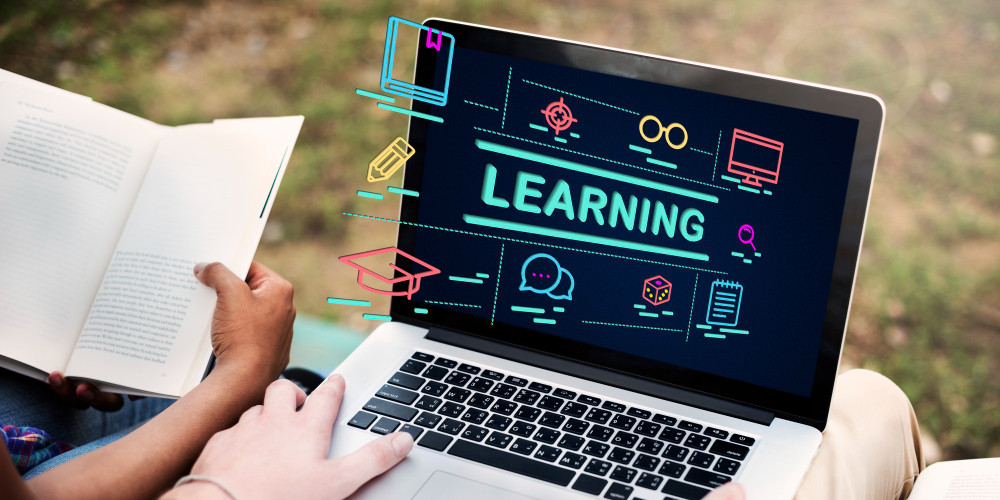
The role of technology in modern higher education
Technology has become an increasingly integral part of higher education, with many universities and colleges using a range of technological tools and resources to enhance the learning experience for students. From online courses and degree programs to virtual classroom tools and learning management systems, technology has opened up new avenues for students to access education and facilitated real-time interactions between students and instructors. It has also enabled personalized learning experiences through the use of data analytics and artificial intelligence. While technology has the potential to greatly enhance the higher education experience, it is important for universities to ensure that students have access to the necessary technology and support to fully benefit from these resources.
Online courses and degree programs
Technology has made it possible for students to earn a degree entirely online or to take a portion of their coursework online. Many universities now offer online degree programs in a wide range of fields, such as business, education, and healthcare. Online programs offer flexibility and convenience for students, particularly those who cannot physically attend a traditional campus-based program. For example, a student who works full-time may prefer to earn a degree online rather than commuting to a physical campus.
Virtual classroom tools
Virtual classroom tools, such as video conferencing software, enable real-time interactions between students and instructors. These tools are particularly useful in the current COVID-19 pandemic, as they allow universities to continue offering in-person instruction remotely. Virtual classroom tools also enable students to access lectures and course materials remotely, which can be particularly helpful for students who may not be able to physically attend class due to illness or other commitments.
Learning management systems
Learning management systems (LMS) are online platforms that facilitate the delivery of course content, assignments, and assessments. LMSs provide students with a central location to access all of their course materials and communicate with instructors and classmates. For example, a student using an LMS may be able to access readings, videos, and assignments for their course, as well as submit assignments and participate in discussions with their classmates.
Educational apps and resources
There are numerous educational apps and online resources available to help students learn and study more effectively. These resources can include interactive tutorials, quizzes, and flashcards. For example, a student studying a foreign language may use an app that provides interactive vocabulary and grammar exercises, while a student preparing for a standardized test may use an app that offers practice questions and test-taking strategies.
Personalized learning
Technology is also being used to personalize learning experiences for students. Through the use of data analytics and artificial intelligence, universities can tailor course materials and assessments to the individual needs and abilities of students. For example, a student who is struggling with a particular concept may be provided with additional resources and support to help them better understand the material, while a student who is excelling may be offered more challenging assignments to further their learning. Personalized learning can help ensure that students are receiving an education that is tailored to their individual needs and abilities.
In summary, technology plays a significant role in modern higher education by providing new and flexible ways for students to access education, facilitating real-time interactions between students and instructors, and enabling personalized learning experiences. Online courses and degree programs offer convenience and flexibility for students, while virtual classroom tools and learning management systems enable universities to deliver course materials and facilitate student-instructor interactions remotely. Educational apps and resources provide students with additional resources to help them learn and study more effectively, while personalized learning allows universities to tailor education to the individual needs and abilities of students. While technology has the potential to greatly enhance the higher education experience, it is important for universities to ensure that students have access to the necessary technology and support to fully benefit from these resources.







